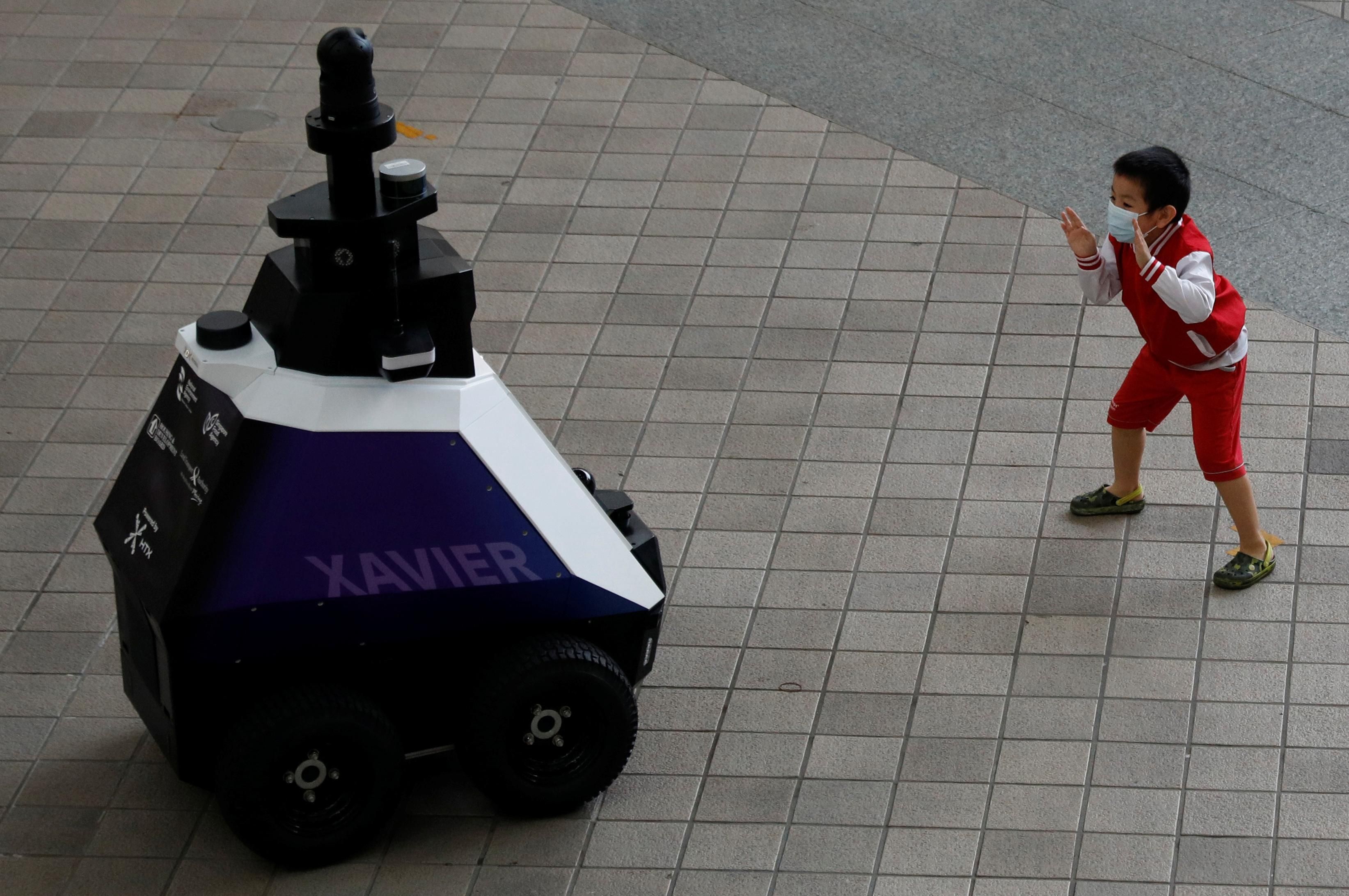Hard Numbers: Robot cops in Singapore, malaria vaccine arrives, Russian COVID deaths soar, EU slow-walks Balkan hopefuls
3: Singapore recently concluded a three-week trial of using patrol robots to call out people for "undesirable behavior" such as smoking, parking your bike where you shouldn't, or violating COVID social distancing rules. Sounds pretty techno-dystopian, but tiny yet ultra-prosperous Singapore is famous for being a surveillance state.
500,000: The World Health Organization approved the world's first-ever vaccine against malaria — a parasitic disease which kills about 500,000 people a year, almost all of them in Africa and about half of them children under five. In clinical trials the jab, developed by GlaxoSmithKline, had a 50 percent efficacy rate against severe cases, which account for most malaria deaths.
900: Russia's daily COVID death toll has surpassed 900 for the first time since the pandemic began. The country's vaccination rate remains stubbornly low, at about 38 percent of the population, in no small part due to the world's highest vaccine hesitancy rate among major economies. Vladimir Putin's refusal to reimpose strict lockdowns isn't helping either.
6: Leaders from the EU and six Balkan countries met in Slovenia to discuss when they'll be allowed to join in the future. Not anytime soon, as far as Brussels is concerned. You're family, an EU official told the Balkan reps, but you can't play (yet) in the Champions League, likening the bloc to Europe's premier continental soccer tournament.